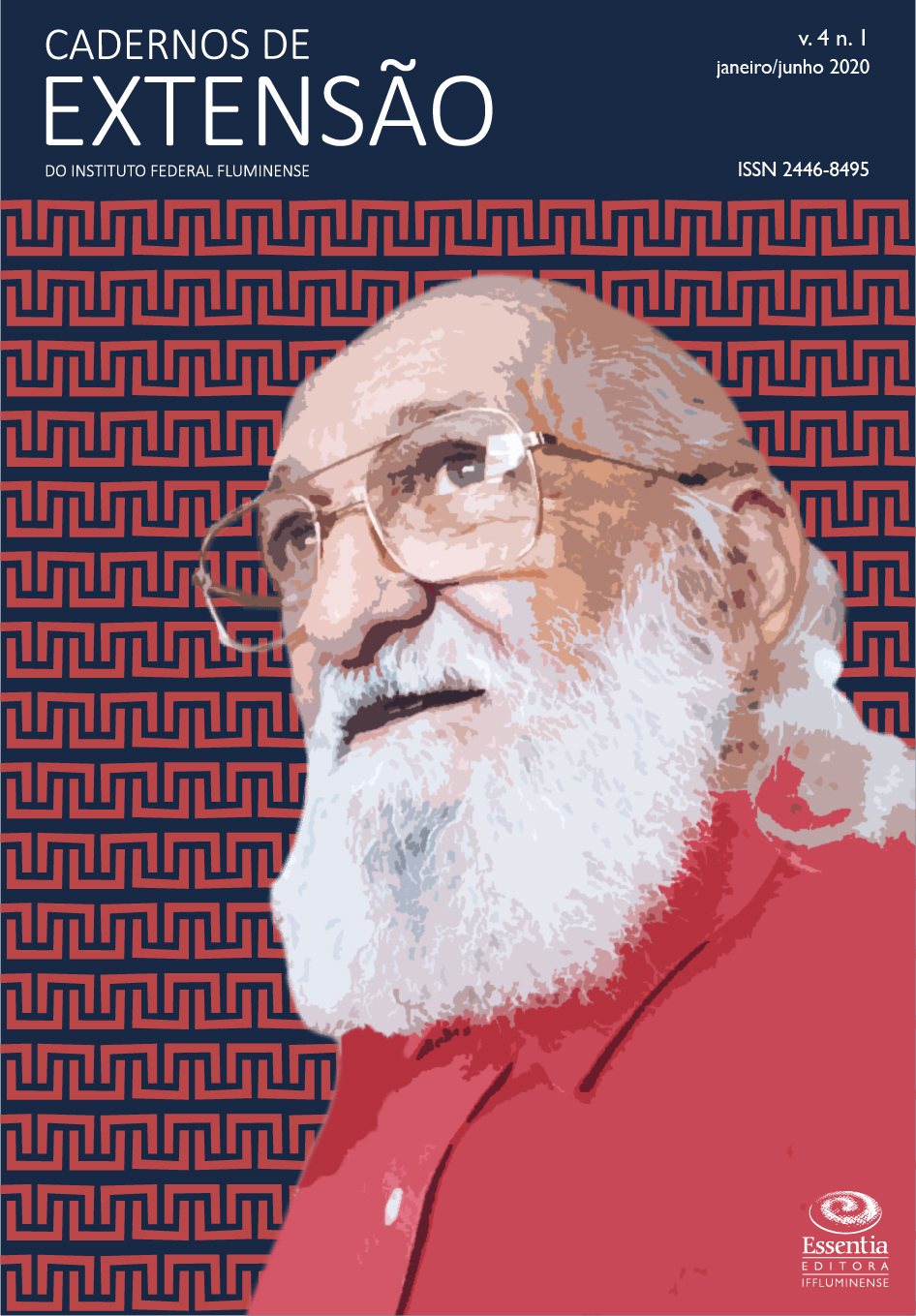The digital inclusion of the elderly and the success in building an extension course
DOI:
https://doi.org/10.19180/2447-8180.v4n12020p234-248Keywords:
Education, Extension, Inclusion, Computing, TeachingAbstract
The exposed work addresses that in the computerized world it is extremely relevant that all groups feel belonging to it not only for personal interests, but for their integration into society. The internet has become an interesting democratic space when discussing the promotion of access to information and today has an important role in diversifying the ways of teaching and learning. However, only those who minimally dominate it have access to the benefits of the virtual world. When dealing with the management of new technologies, each generation deals in a different way, so those who are not “digital natives”, in the case of the elderly, can feel cool. Educational institutions are transforming agents of society and the Federal Institute of Brasília, Campus Planaltina is one of them. In it, an extension course called “Informatics for the best age” was proposed, aiming to promote learning in the area of basic informatics for the elderly. Of the 15 vacancies offered, 12 were filled and 8 students completed successfully. For them, the course provided the opportunity to learn about computer content and provided the feeling of belonging to the group, creating bonds of friendship and motivation for new projects.Downloads
Published
16-09-2020
Issue
Section
Relato de experiência









